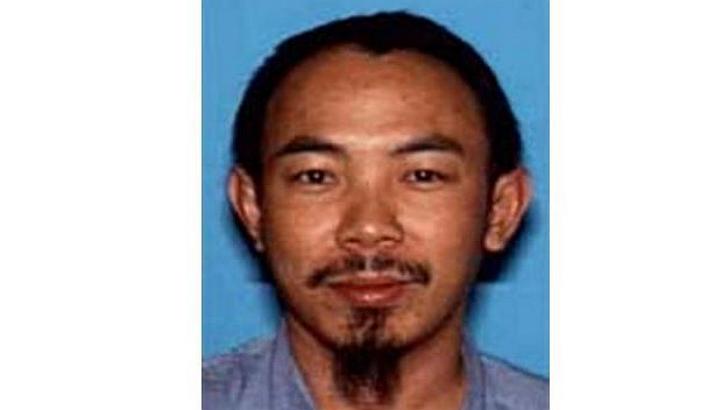Breaking
AFP expresses elation over Marwan death confirmation
MANILA — With the American Federal Bureau of Investigation (FBI) DNA test confirming that it was indeed Malaysian terrorist Malaysian terror bomber Zulkifli bin Hir alias Marwan who was among those killed in the bloody Mamasapano, Maguindanao clash Jan. 25, the Armed Forces of the Philippines (AFP) expressed its elation over this positive news.
“We are elated with this news, the world has become safer with one less brutal brutal terrorist,” AFP spokesperson Col. Restituto Padilla said.
“We hope this helps in our fight for a peaceful and secured Mindanao ready for further economic development and poised for inclusive growth,” he added.
Padilla stressed that confirmation of Marwan’s death also adds more meaning to the death of the 44 Special Action Force (SAF) killed during the operation to neutralize the Malaysian terrorist.
“We pray this becomes a source of consolation for their families,” he added.
Earlier, David Bowdich, assistant director-in-charge of the FBI Los Angeles Field Office, said preliminary results indicate that the DNA profiles obtained from the biological sample indicate a possible relationship with a known relative of Marwan.
“Although the results of the DNA examinations do not provide absolute identification, the results do support that the biological sample provided by Philippine authorities came from Marwan. Further testing and analysis will be conducted by laboratory examiners in an effort to fully identify the subject of DNA provided to the FBI,” he added.
“The FBI’s case against Marwan is one of many investigations we have conducted in cooperation with our Philippine counterparts,” Bowdich said.
He also expressed the FBI’s deepest condolences to the brave officers of the SAF, who lost their lives while attempting to apprehend a dangerous fugitive.
“Our partnership with the Philippine National Police is among the strongest in the world, and we will continue to work in close cooperation to identify, disrupt, and dismantle terrorist networks,” Bowdich concluded.






















